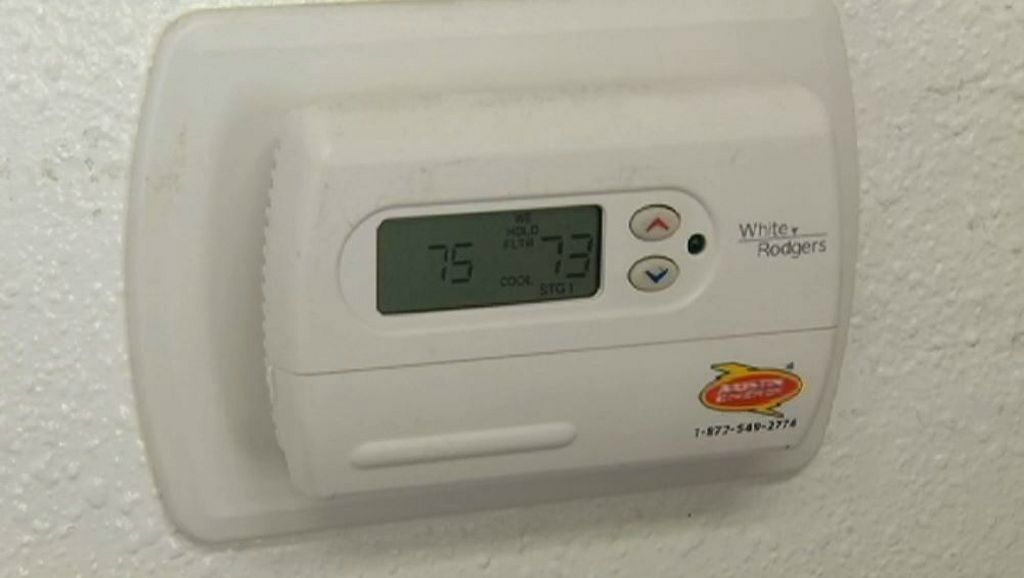TAMPA, Fla. -- The Florida Public Service Commission (PSC) will conduct a hearing Tuesday on whether they should scale back energy efficiency programs for the state’s biggest power companies – including Tampa Electric and Duke Energy Florida.
What You Need To Know
- Florida Public Service Commission to possibly scale back energy efficiency programs
- Consumer advocacy groups say cutting energy waste and lowering bills is needed more than ever
- More political news
Consumer advocacy groups are most concerned about those programs that are focused on low-income families. They say that with the ongoing COVID-19 pandemic and the subsequent economic fallout, cutting energy waste and lowering public utility bills is needed more than ever this summer.
“It makes absolutely no sense to me, particularly in the times and situation that we’re in with COVID-19 as people are asked to shelter in place, that we would scale back energy efficiency programs,” says Zelalem Adefris, VP of policy and advocacy with Miami Catalyst, a nonprofit organization focused on anti-poverty efforts.
Yet the PSC’s staff is recommending that the agency reject what is known as the demand-side management (DMS) plan as presented to them by TECO, Duke Energy, Florida Power & Light, and Gulf Power.
“What’s really tragic is that staff has come in and said, ‘no, we should not be trying to improve these programs,’” said Bradley Marshall with Earth Justice, an environmental organization challenging the PSC staff recommendations.
“That’s just wrong,” Marshall concludes. “There’s no basis in logic, or the law,” he says of the PSC staff’s recommendation.
According to research performed by the American Council for an Energy-Efficient Economy (ACEEE), low-income households live in less efficient housing and devote a greater portion of their income to utility bills than do higher-income households.
A state law known as FEECA (Florida Energy Efficiency and Conservation Act) requires that the PSC set energy conservation goals for each public utility every five years, with the utilities promoting programs to help customers conserve energy and lower their bills. Those programs include items like attic insulation, LED light bulbs, or tuning up an air-conditioning system.
Last year, four of the seven utilities proposed to the PSC that they lower their energy efficiency goals for the next decade to zero (or nearly zero). However, the PSC rejected that request, saying it wasn’t in the public’s interest. In 2014, the previous time that the utilities went before the PSC , the agency did approve their joint proposal to reduce efficiency efforts by at least 80 percent.
When asked about the PSC’s staff recommendation for this year, an official with the PSC suggested last week that Spectrum Bay News 9 look at the response from staff on the agency’s website.
It reads: We have completed our statutorily required review and considered the points set forth in the statute and our rule. Having heard evidence and arguments in this 2019 proceeding, we find that it is in the public interest to continue with the goals set in the last FEECA proceeding pursuant to the 2014 Goalsetting Order.
In arguing in support of eliminating conservation goals last year, Florida Power & Light wrote to PSC commissioners that “the importance of pursuing conservation programs must be balanced against the cost and the impact of such cost on rate payers. The Commission must not overlook rate impact as it evaluates conservation goals and programs.”
According to the docket, Duke Energy Florida’s energy efficiency plans include expanding its low-income program to include air conditioning rebates up to $1,600. TECO’s proposal includes educating customers on renewable energy systems and other technologies, “such as opportunities to conserve with the use of batteries of electric vehicle charging.”
TECO’s proposal would reach the most eligible customers through its low-income program, reaching almost 25 percent of eligible customers over a five-year period. Duke’s plan would reach about 11 percent.



